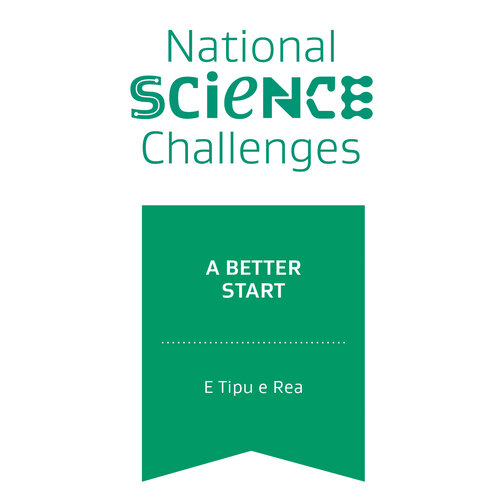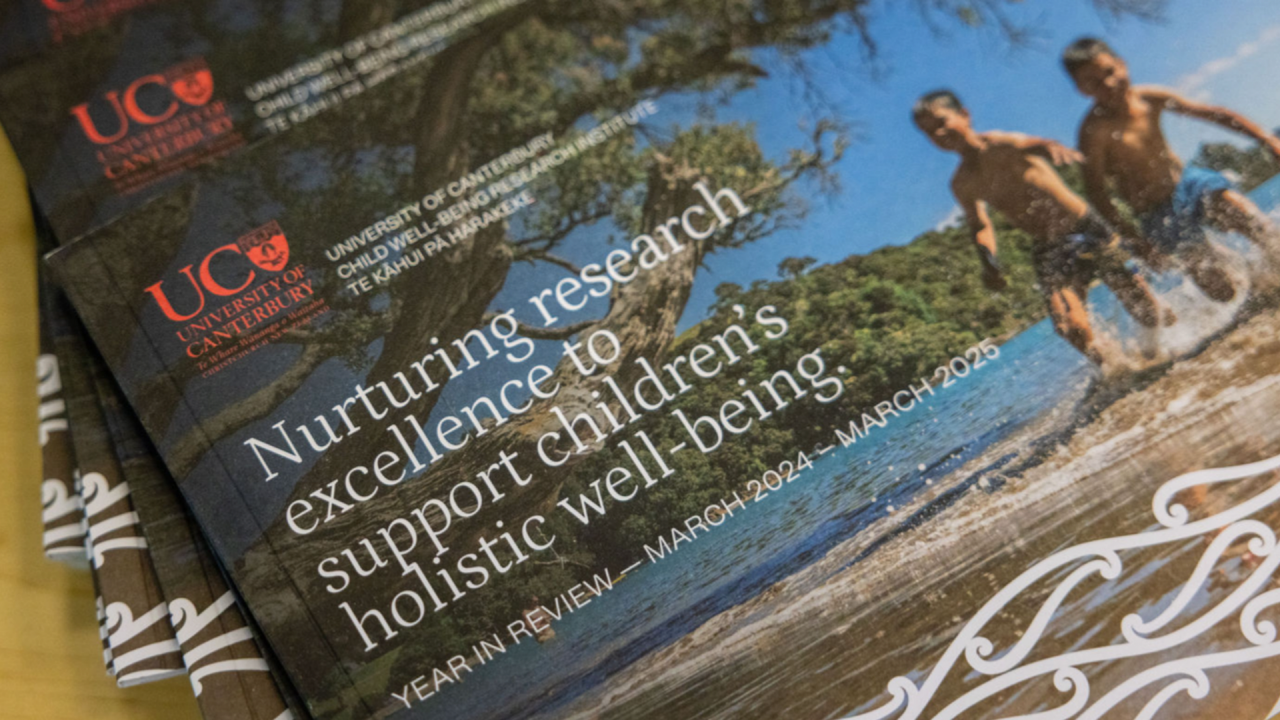Gillon, G. (2023) Main Report IALP World Congress 2023: Supporting children who are English Language Learners succeed in their early literacy development. Folia Phoniatrica et Logopaedica
The Better Start Literacy Approach is an example of a multi-tiered system of support (MTSS) to facilitate children’s early literacy success. It is set within a strengths-based and culturally responsive framework for literacy teaching and is being implemented in over 800 English medium schools across New Zealand.
This report focuses on how children identified at school entry as English Language Learners (ELL) responded to the Better Start Literacy Approach during their first year at school. Using a matched control design, the growth in phoneme awareness, phoneme-grapheme knowledge, and oral narrative skills for 1,853 ELL was compared to a cohort of 1,853 non-ELL.
The cohorts were matched for ethnicity (mostly Asian, 46% and Pacific, 26%), age (M = 65 months), gender (53% male), and socioeconomic deprivation index (82% in areas of mid to high deprivation). Data analyses indicated similar positive growth rates for ELL and non-ELL from baseline to the first monitoring assessment following 10 weeks of Tier 1 (universal/class level) teaching. Despite demonstrating lower phoneme awareness skills at baseline, following 10 weeks of teaching, the ELL cohort performed similarly to non-ELL in non-word reading and spelling tasks.
Predictors of growth analyses indicated that ELL from areas of low socioeconomic deprivation, who used a greater number of different words in their English story retells at the baseline assessment, and females made the most growth in their phonic and phoneme awareness development. Following the 10-week monitoring assessment, 11% of the ELL and 13% of the non-ELL cohorts received supplementary Tier 2 (targeted small group) teaching. At the next monitoring assessment (20 weeks post baseline assessment) the ELL cohort showed accelerated growth in listening comprehension, phoneme-grapheme matching and phoneme blending skills, catching up to their non-ELL peers.
Despite limitations of the dataset available, it provides one of the few insights into the response of ELL to Tier 1 and Tier 2 teaching in their first year at school. The data suggest that the Better Start Literacy Approach, which includes high-quality professional learning and development for teachers, literacy specialists, and speech-language therapists, is an effective approach toward developing foundational literacy skills for ELL.
The important role speech-language therapists have in collaborating with class teachers to support children’s early literacy success within a MTSS framework is discussed.



